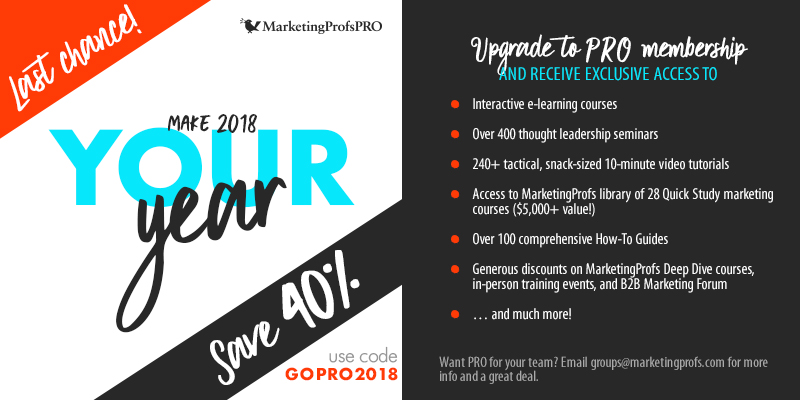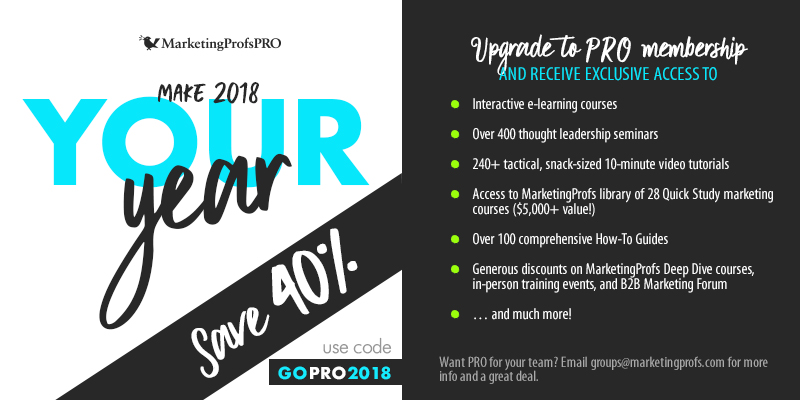If you work in PPC and have been keeping up with AdWords changes over the last year or so, you've likely noticed a distinct trend: More control is being taken away from search marketers and put into the hands of the machines. The most recent change removed that threshold so that AdWords could bid however much more it needs to for the conversion. Search marketing jobs are changing (and so should you) At this point, all of us in PPC have begun asking the important questions about our new automaton overlords: When are the machines going to take over my job? Use the right software, get your own machines Most of us who work in PPC are familiar with the go-to software offerings: reporting software, bid management tools, landing page software, etc. Over the past few years, product offerings have begun to expand to include deeper interaction metrics and offline conversion data: from call tracking and analytics software that gives you insight into phone calls and text messages driven by search marketing... to user engagement software that tracks visitor sessions and content interactions from paid sources. Take a look at the types of information you can get from one call in the CallRail screenshot below. You can mine the calls for potential customer pain points to train sales teams, shape your product's development or refine your bidding strategy based on the content of the call. As your campaigns and sales funnel become more complicated, understanding this data fully and taking advantage of it can make you a search marketing machine for your organization. But they will change how you see your value as a search marketer. CallRail provides lead tracking and call analytics tools for more than 65,000 businesses across the US, Canada, and several other countries.


2017 is the year Google became convinced its PPC machines are better than you.
If you work in PPC and have been keeping up with AdWords changes over the last year or so, you’ve likely noticed a distinct trend: More control is being taken away from search marketers and put into the hands of the machines.
AdWords is increasingly automating decisions we used to make manually, and it’s removing limitations on its self-operating bidding machines, or AdWords automatons.
For example, a few months ago, Google removed the bidding threshold for enhanced CPC campaigns. Enhanced CPC campaigns have historically allowed Google to automatically bid up or down (up to 30% more than the manually set bid) for queries it determined were either more or less likely to convert. The most recent change removed that threshold so that AdWords could bid however much more it needs to for the conversion.
In theory, that approach could be incredibly effective, because Google harnesses its data to improve your conversion figures, but one question comes to mind: How many times will it guess incorrectly before that keyword is no longer profitable?
That wasn’t the only change. More recently, Google announced it would be more “flexible” with daily budgets, which meant in some instances you’d end up spending more than double the daily budget set.
That change was understandably met with some outcry as advertisers feared for their accounts, but as Google released more information, it became apparent that we may have overreacted. The logic behind the change is sound: Allow for daily budgets to fluctuate the same way that traffic does.
Regardless of the underlying logic, however, the fear remains: How much more control are we going to be forced to give up?
Search marketing jobs are changing (and so should you)
At this point, all of us in PPC have begun asking the important questions about our new automaton overlords:
- When are the machines going to take over my job?
- How much better will these campaigns be performing?
- Will I have to live in complete subservience to the machines once they rise to power?
After more than five years working in PPC and analyzing trends in search marketing, I sense that the answers are far less dramatic than the questions. Yes, Google will continue to improve AdWords with tools that help advertisers produce better results with less effort. That doesn’t mean we’re out of work; it just means our roles as search marketers are shifting beyond routine, repetitive tasks in AdWords; they’re evolving into roles that require us to gain a deeper understanding of the marketing and sales funnel.
At their core, the advances in automation mean we need to dive deeper into funnel metrics, use multitouch attribution software to get more strategic about PPC investments, and ultimately become the “data-driven marketers” we’ve always strived to be.
Note: If you’re working in PPC marketing, I highly recommend tuning into our Pro Webinar series, where we often go over tips and tricks for how to keep up with the increasing automation of PPC and latest advancements in AdWords attribution software.
Use the right software, get your own machines
Most of us who work in PPC are familiar with the go-to software offerings: reporting software, bid management tools, landing page software, etc. Over the past few years, product offerings have begun to expand to include deeper interaction metrics and offline conversion data: from call tracking and analytics software that gives you insight into phone calls and text messages driven by search marketing… to user engagement software that tracks visitor sessions and content interactions from paid sources.
Moreover, new software that ties actual closed-won revenue figures to our conversions is becoming more and more affordable and easy to implement. Yes, we love watching conversion figures tick up and CPA figures tick down; but, unless we have our PPC data tied to actual dollar figures, we’re overlooking a very large piece of the puzzle.
Once we have an idea of the actual dollar figures, we can start to assign value not only to AdWords but also to other channels and touchpoints that contributed…

COMMENTS